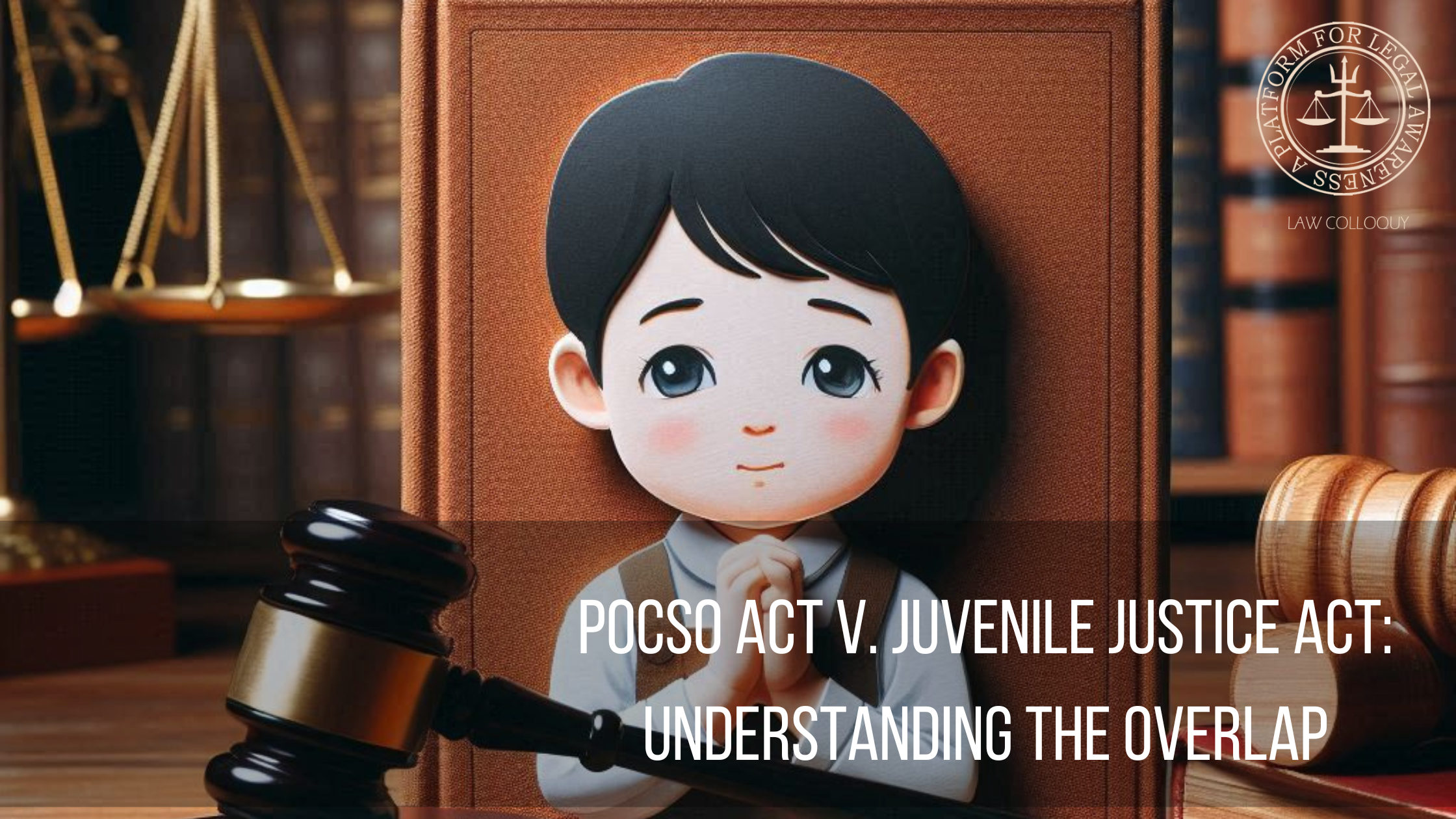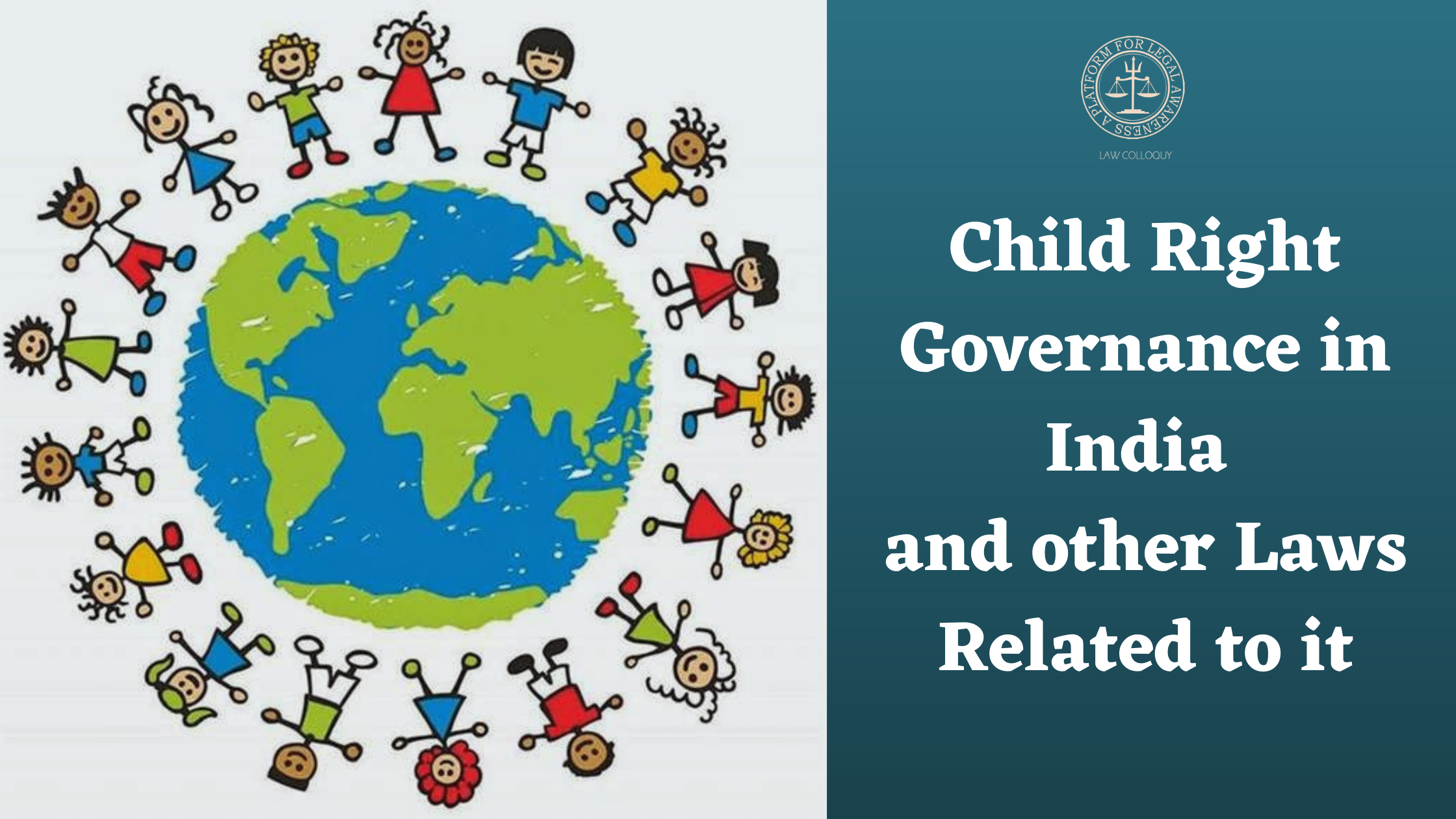POCSO Act vs Juvenile Justice Act: Understanding the Overlap
The Indian legal system provides a comprehensive framework for the protection and welfare of children through two major legislations: the Protection of Children from Sexual Offences Act, 2012 (POCSO Act) and the Juvenile Justice (Care and Protection of Children) Act, 2015 (JJ Act). While both laws aim to safeguard the interests of children, their areas of focus differ. The POCSO Act is designed to address and penalise sexual offences against children, whereas the JJ Act ensures the welfare, rehabilitation, and adjudication of children who are either victims or offenders. However, complex legal challenges emerge when a child is both the alleged offender and the victim, or when sexual acts involve two minors in a consensual relationship. This blog explores the overlapping areas between these laws, the judicial response, and the way forward for a child-sensitive and balanced application of the two statutes.
Women Reservation Act, 2023: A Critical Analysis of Progress and Pitfalls
Passed in 2023, the Women Reservation Act hopes to be another landmark on India's path toward gender equality in political representation. This reservation bill aims to reserve 33% of seats for women in the Lok Sabha (the lower house of Parliament) and state legislative assemblies. The Act is noted as a progressive step toward women's empowerment and progress in making their voices heard in the political arena; however, some critics find it half-hearted as it may not address the systemic barriers women face in politics. In this blog, the implications of the Women Reservation Act are addressed by gauging the historical context, prospective benefits, objections, and the general societal impact.
The Supreme Court Said That The Marriage Certificate Issued By Arya Samaj is Illegal: Explainer
The Supreme Court declared the marriage certificate issued by Arya Samaj is illegal. A marriage certificate is a document that declares two people married legally. In India marriages are register in two ways; either, under the Hindu Marriage Act, 1955 or the Special Marriage Act, 1954. Honorable Supreme Court in the year 2006, made it mandatory in India to get a marriage registered to legalize it. This blog explains the validation of marriage certificate and procedure of registration of marriage in India.
Child Right Governance in India and other Laws Related to it
Perhaps the most well-known definition of ‘global governance’, James Rosenau designates it as ‘organisations of rubrics at all stages of hominoid action – from the domestic to the worldwide organisation.’ Today the perception of authority has wedged the attention of researchers in fields like political science, economics, business studies, and global relations to analyse an inclusive variety of marvels such as school life, worldwide policy-making, global organisations, public health, monetary dealings, street gangs or traffic rules. Children and youth are in many circumstances obtainable as ruled by others – parents, teachers, social services, religious establishments, or out of control. For youthful scholars, though, the opposite has been basic in the influence of the field of juvenile studies over the last decades. The intervention of children and young people certainly also impact the schemes of guidelines and governance that border them. They are thus as much theme to these systems as they can be energetic and shapers of them, in many cases organised with or in equivalent to the adults adjacent them. Contempt this heading of children as being both marks and shapers of governance, though, with some exceptions, the methodical study of the governance of children and youth have established little consideration within childhood studies as well as to the examination of how child rights are assumed to form in national and multinational politics, law and society.
How To Write an Abstract | Abstract for Research Paper & Conference & Presentation
Abstract is a gist of any research which gives a clear idea of the manuscript in a concise way. This blog discusses about how to write an abstract for research paper.
Daughter's Right To Ancestral Property: What You Need to Know
In a landmark judgment, recorded on, August 11th, 2020, the Supreme Court expanded on the rights of Hindu women as legal heirs to ancestral property.
Probation of Offenders Act 1958: An Overview
An accused person should be given a chance of reformation that he would lose if he is incarcerated in prison and associates with hardened criminals.
Introduction of The Consumer Protection Act, 2019
It is said that consumer is the king of the market and to uphold this, the consumer protection act, 2019 has come into force from 20th July 2020 to give more power to the consumers and to protect so that in no way the consumer is being harassed by the dominant position of the trader and manufacturer.
E-Contracts in Contemporary India
Contracts are standard processes that we undertake in our daily lives, but we hardly realize and recognize it. Buying and selling vegetables, groceries, land, properties and any essentials all comes under the definition of Contract. According to The Indian Contract Act, 1872
Differences between “May Presume” “Shall Presume” And “ Conclusive Proof
As per the dictionary, the meaning presumption is ‘an idea that is taken to be true on the basis of probability’ or ‘the act of believing that something is true without having any proof’.
General Exception Under Indian Penal Code 1860
When a person proved with the commission of an offence, and ought to have been punished by law, if he is exempted from such legal punishment under special conditions stipulated in the law, it is known as General Exception. General exceptions have been explained under Sections 76 to 106 of IPC.
Introduction to Tort
The 'Law of Torts‘ is originated by the Common Law of England, which is generally civil in nature. It is well developed in the UK, USA, and other advanced countries.
Introduction to Socio-Economic Offences
In India, socio-economic offences can be outlined, after the World War.
Meaning & Explanation about Law, Bill, Act and Ordinance
Law is a set of rules and regulations enacted by the parliament to direct the conduct of people.
Elements of Crime
To establish criminal liability it is necessary to understand elements of a crime. Crimes can be broken down into elements, which the prosecution must prove beyond a reasonable doubt. Criminal elements are set forth in criminal statutes or cases in jurisdictions that allow for common-law crimes.







